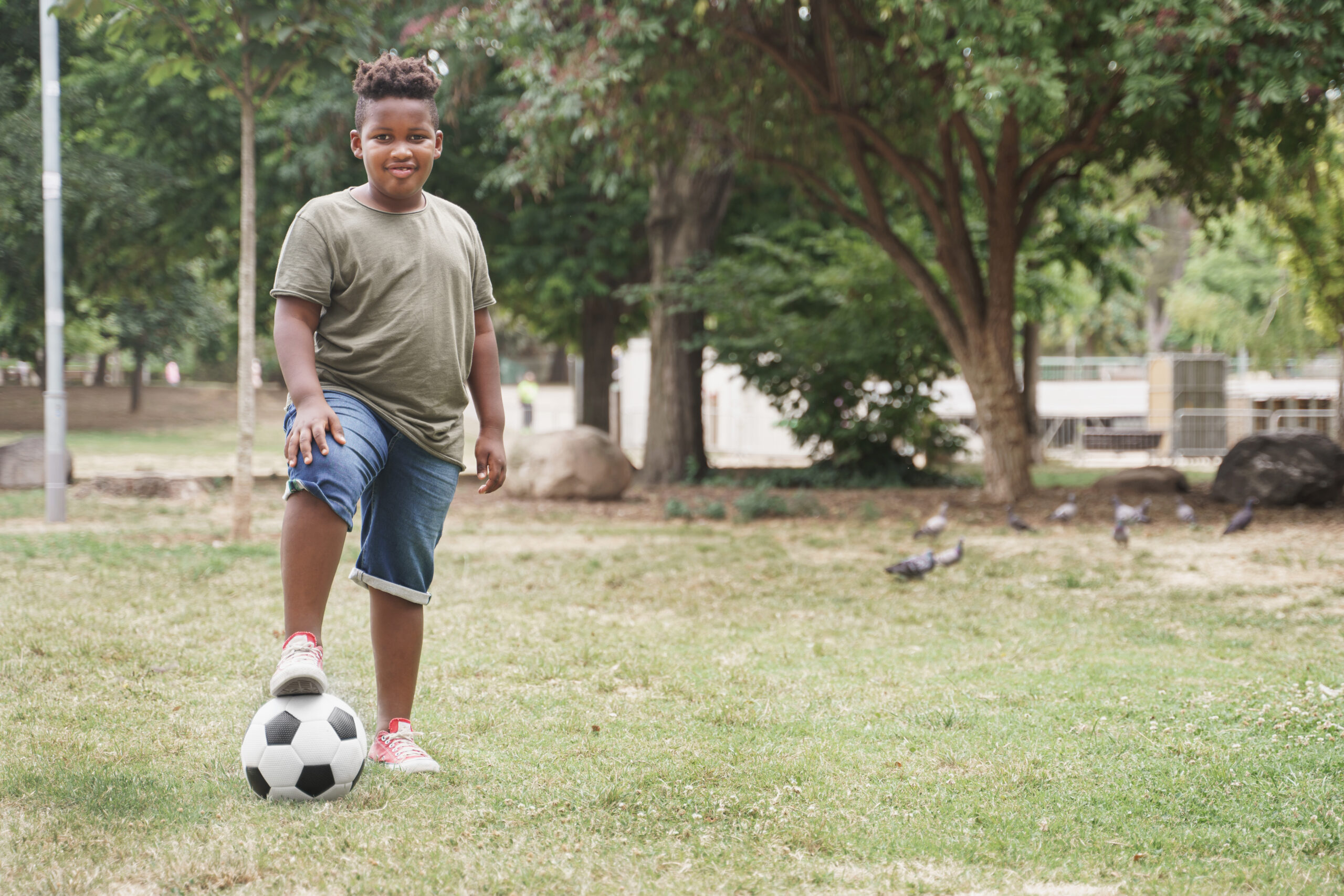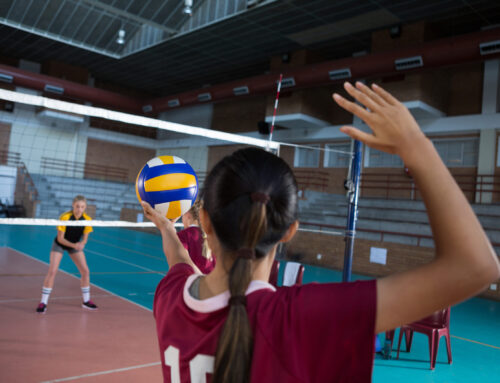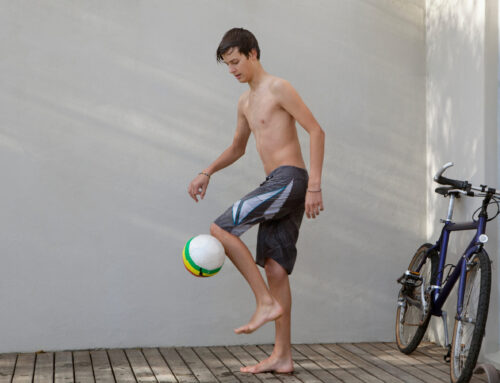In our increasingly competitive world, it’s only natural for parents to want the best for their children. From academics to extracurricular activities, there’s a constant urge to gauge our child’s progress against their peers. However, when it comes to fitness and physical development, comparing your child to others can be counterproductive and potentially harmful. In this article, we’ll explore why it’s essential to resist the urge to compare your child’s fitness to other kids and focus on their individual growth instead.
- Every Child Is Unique
Children, like adults, come in all shapes and sizes, and their bodies develop at different rates. Comparing your child’s fitness to another child’s can be misleading and unjust. Genetics, growth spurts, and individual differences play a significant role in how a child’s body develops. What might be “normal” for one child might not be the same for another.
- Encourage a Positive Body Image
Comparing your child’s fitness to others can negatively impact their body image. Children are highly impressionable, and constant comparisons can lead to feelings of inadequacy and low self-esteem. It’s essential to foster a positive body image in your child by emphasizing the value of a healthy body and the importance of being comfortable in their own skin.
- Focus on Personal Growth
Instead of comparing your child to others, encourage them to focus on their personal growth and progress. Set achievable fitness goals that are tailored to their abilities and interests. Whether it’s improving their endurance, strength, or flexibility, helping your child see the value in their unique journey can boost their self-esteem and motivation.
- Different Interests, Different Activities
Fitness is not a one-size-fits-all endeavor. Children have diverse interests and talents, and their physical activities should reflect those interests. Some kids may excel in team sports like soccer or basketball, while others may thrive in solo activities like swimming or dance. Embrace and support your child’s interests, rather than pushing them into activities they may not enjoy just because other children are doing them.
- Avoid Unhealthy Competition
Comparing your child’s fitness to others can breed unhealthy competition. Instead of promoting a love for physical activity and a healthy lifestyle, it can lead to a fixation on being better than someone else. This can result in overtraining, burnout, and a lack of enjoyment in exercise. Encourage friendly competition when appropriate, but always prioritize your child’s well-being and enjoyment over winning.
- Celebrate Small Achievements
Every child’s fitness journey is filled with small victories. Whether it’s running a little farther, lifting a slightly heavier weight, or mastering a new yoga pose, these achievements should be celebrated. By acknowledging and praising your child’s progress, you boost their self-confidence and motivation, making them more likely to continue their fitness journey.
- Teach the Importance of Health, Not Looks
Instead of focusing on how your child looks compared to others, emphasize the importance of health. Teach them about the benefits of regular exercise, a balanced diet, and good sleep. Show them that fitness is about feeling strong, energetic, and healthy, rather than fitting into a particular mold.
- Be Supportive, Not Critical
Comparing your child’s fitness to others can inadvertently lead to criticism. It’s crucial to be a supportive and encouraging presence in your child’s fitness journey. Offer constructive feedback when necessary, but always do so in a way that motivates rather than demoralizes.
In a world where comparison is often the norm, it’s essential to remember that your child’s fitness journey is unique to them. Avoid the temptation to compare them to other kids, as this can have detrimental effects on their self-esteem and motivation. Instead, focus on fostering a positive body image, celebrating their individual achievements, and encouraging a love for a healthy and active lifestyle. By doing so, you’ll help your child develop not only physical strength but also the resilience and confidence needed to navigate life’s challenges.




